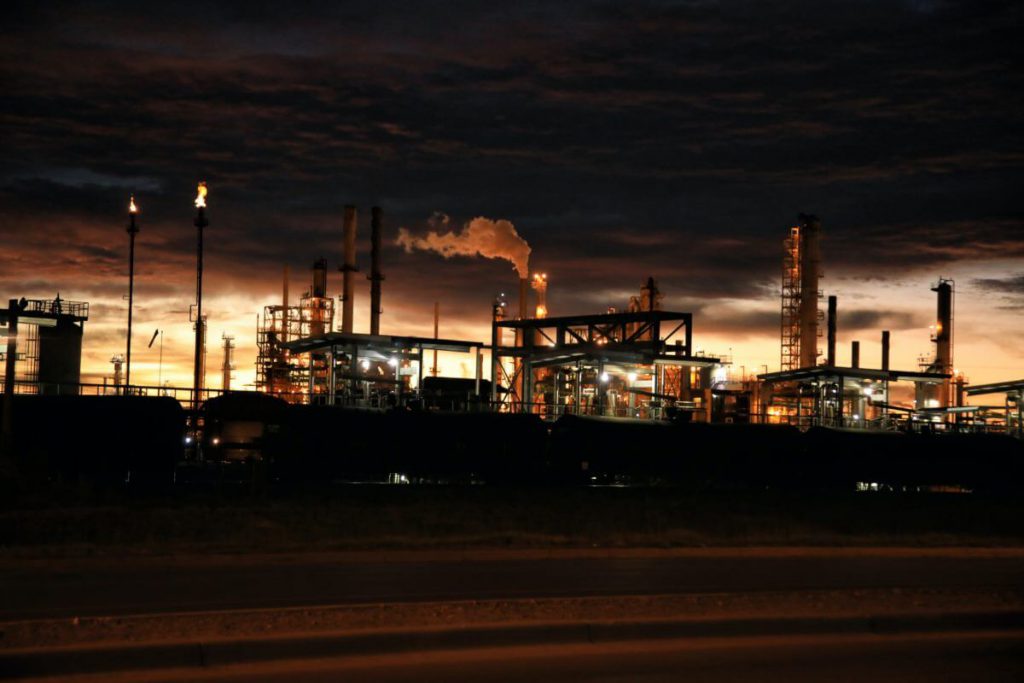
Oil price declines, but is still expected to rise
This is one of the most active and liquid markets in the world, Crude oil price is going down. Refined liquids on a global scale. It is so big, in fact, that no a single government nor central bank has the liquidity to significantly influence prices or to impose tariffs or trade restrictions on it.
Oil prices dipped on Friday as the market evaluated the effects of central bank interest rate increases, but were set to rise for the week as supply disruption worries were addressed and expectations for a resurgence in Chinese demand were raised.
Brent crude oil price was down $1.56, or 1.9%, to $79.65 per barrel. Futures for West Texas Intermediate fell $1.43, or 1.9%, to $74.68.
The dollar gained strength as European central banks increased interest rates in the previous session, which caused both benchmarks to decline by 2%.
“Industrial activity is already being impacted by the tighter monetary policies. Sentiment was dampened by the possibility of additional tightening as a result of officials’ hawkish remarks “ANZ Research analysts wrote in a note on Friday.
Even as the economy veers into a potential recession, the U.S. Federal Reserve said it will increase interest rates further next year. In an effort to combat inflation, the Bank of England and the European Central Bank hiked interest rates on Thursday.
What variables affect the oil price ?
The Keystone pipeline, operated by Canada’s TC Energy Corp. It was shut down due to a leak. But the oil benchmarks are on track for their greatest weekly increases since early October. With market confidence boosted by the possibility of a supply shortage. And the expectation that demand will rise in 2023.
After declining in 2022, the International Energy Agency forecasts a recovery in Chinese oil demand growth of about a million barrels per day (bpd) the following year. The projection for the increase in global oil demand for 2023 was increased to 1.7 million bpd.
The United States is also anticipated to begin refilling its strategic petroleum reserves. This in the first quarter of 2023, according to analysts from J.P.Morgan Commodity Research.
According to their quarterly forecasts, the window for the acquisition will open in 1Q23 and an initial purchase of roughly 60 million barrels will be made throughout 1H23.
The slow recovery of China’s demand. As a result of an increase in COVID infections. And a supply overhang in the West of Suez market are two downward pressures. It continues to worry the oil market.


